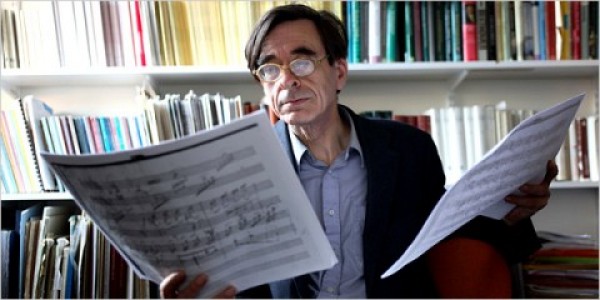Professor Cooper’s edition does throw one blindingly obvious change at the music world. There are no longer 32 Beethoven piano sonatas, as books and performers will tell you, but 35. Not that Professor Cooper has discovered three more. Rather, he has reconsidered and admitted to the canon three early sonatas written when Beethoven was 12, usually set aside as juvenilia.
“I can find no reason why they shouldn’t be counted,” he said, “and indeed they were in the first complete edition... See More
Professor Cooper’s edition does throw one blindingly obvious change at the music world. There are no longer 32 Beethoven piano sonatas, as books and performers will tell you, but 35. Not that Professor Cooper has discovered three more. Rather, he has reconsidered and admitted to the canon three early sonatas written when Beethoven was 12, usually set aside as juvenilia.
“I can find no reason why they shouldn’t be counted,” he said, “and indeed they were in the first complete edition of the sonatas, published just after Beethoven’s death by his friend Haslinger, who presumably knew what Beethoven wanted. They are fully fledged, three-movement works, and if they lack something in quality, you could say the same of some of the Opus 49 Sonatas, and you surely wouldn’t exclude those from the canon.

So are the 3 sonatas pointed out by Cooper officially recognised?
Think it's just the opinion of one person. But considering he's a Beethoven scholar and "ranks among the world’s leading authorities on Beethoven and has lived with the piano sonatas more... See More
Think it's just the opinion of one person. But considering he's a Beethoven scholar and "ranks among the world’s leading authorities on Beethoven and has lived with the piano sonatas more intimately, perhaps, than anyone since Beethoven himself", his words possibly carry significant weight. Btw, how do we even know if it's official or not?